The University of Warsaw (UWarsaw), founded in 1816, is the leading university and research centre in Poland. The high level scientific research, its connection to education of students and the diversity and attractiveness of teaching determine the position of the UW in Poland and worldwide. UW is listed amongst the top 4% of the World-Class Universities and recognized by prestigious international rankings, such as the Academic Ranking of World Universities, QS Top Universities and Times Higher Education World University Rankings. UW educates over 53,500 students. It employs more than 6,300 persons, including 3,250 academic teachers. Currently, there are 20 faculties and 30 other organizational units, including the Centre of New Technologies, Centre for Pre-clinical Research and Technology and University Technology Transfer Centre. The University collaborates with ca 1,000 foreign institutions, including 420 partnerships of more than 1,100 agreements in the frame of Erasmus program and 240 partners from 52 countries within the boundaries of university agreements on direct collaboration. UW offers undergraduate, graduate and post-graduate studies, organizes summer schools and vocational courses, initiates interdisciplinary programs and introduces new teaching techniques, all in response to the needs of the changing world and the challenges and complexity of the labour market. UW scholars regularly receive awards and win competitions for research grants. Scientific and vocational development of students is supported by international collaboration. Polish as well as international companies highly value our graduates, among which successful entrepreneurs and recognized scholars and writers, including Nobel Prize laureates, are to be found.
The Centre of Migration Research (CMR) was established in 1993 and remains a leading interdisciplinary interfaculty research unit of the University of Warsaw, specializing in studies on migration processes in Poland and in Europe. 57 researchers are currently affiliated with the CMR; among them 12 professors, 27 researchers holding a PhD degree and 18 persons with a MA degree. Within the group, researchers with sociological and economic backgrounds predominate but such fields as demography, political science, administrative law, social anthropology, geography and cross-cultural psychology are also represented. Academic and research activities have been the main goal of the CMR activity since its origins. The Centre has been involved in a number of migration projects (varying in scale), funded by national and international sources. To date, the largest and most significant scientifically projects conducted by the CMR include: IDEA – Mediterranean and Eastern European Countries as new immigration destinations in the European Union (consortium of eleven institutions from nine countries, co-funded by 6 Framework Program), Mobility and Migrations at the Time of Transformation - Methodological Challenges (MWM, co-funded by EEA Financial Mechanism), Migration Policy, Labour Market Change (MPLM Project, co-funded by the European Social Fund), and RESPOND: Multilevel Governance of Mass Migration in Europe and Beyond (financed in the frame of Horizon 2020). Currently the Centre hosts a Marie-Curie doctoral fellow within an 7th Framework Program Initial Training Network project (TRANSMIC). It also has a role in the leadership of a NORFACE- funded project on the role of welfare systems in destination and origin countries for migration patterns within and towards Europe (MobileWelfare).
Ph.D. Marta Pachocka
Principal Investigator in the Horizon Europe GAPs project at CMR & Co-coordinator of the Laboratory of Urban and Regional Migration Policies, Centre of Migration Research (CMR), University of Warsaw (UW)
Co-coordinator of the Horizon 2020 Welcoming Spaces project at SGH, Department of Political Studies, Institute of International Studies, Collegium of Socio-Economics, SGH Warsaw School of Economics
Marta is an economist and political scientist. Assistant professor in the Department of Political Studies, the Institute of International Studies of the Collegium of Socio-Economics of SGH Warsaw School of Economics; researcher and co-coordinator of the Laboratory of Urban and Regional Migration Policies at the Centre of Migration Research (CMR) of the University of Warsaw (UW), and former Head of the Migration Policies Research Unit at CMR UW (2018-2022). She received her PhD in economics in 2013. Her academic profile, though, is truly interdisciplinary, including political science and migration studies. She has considerable experience as both a team leader and member in implementing cross-sector and multi-stakeholder projects co-funded by the National Science Centre (Poland), National Bank of Poland, Capital City of Warsaw, various ministries, EU Programmes (Horizon 2020, Horizon Europe, Lifelong Learning Programme, Erasmus+, Creative Europe), and others. She is on the Board of the Polish European Community Studies Association (PECSA) and the Research Committee RC46 “Migration and Citizenship” of the International Political Science Association (IPSA). She supports the European Commission Representation in Poland as an EU expert member of the Team Europe Direct Poland network. She is a member of several national and international associations, including UACES, IMISCOE, IPSA, IASF, IPPA, and the Consultative Forum of the EU Agency for Asylum (since 2022) on behalf of the CMR UW. She was a Visiting Research Fellow at the Centre for European Studies of the Sciences Po Paris (2015) and a Visiting Scholar at the Carleton University (2022). She was a Visiting Professor in Bratislava (2015) and Tartu (2016).
Marta Jaroszewicz
Marta Jaroszewicz is an assistant professor at the Centre of Migration Research, University of Warsaw, head of Migration Polices Unit and principal investigator in two projects studying links between migration and security in Eastern and Central Europe. Her main areas of expertise include Eastern European studies, migration, international security and critical security studies. From 2006 to 2019 she was a Senior Research Fellow at the Centre for Eastern Studies. She also worked for the International Organization for Migration as a program manager (2008–2010) and DG NEAR of the European Commission as a policy officer (2016–2017).
Mateusz Krepa
Mateusz Krępa, a PhD candidate at the Doctoral School of Social Sciences at the University of Warsaw within the security studies discipline. The subject of his doctoral dissertation concerns non-governmental organizations helping migrants in Poland. A scholar in the project “Mobility, migration and the COVID-19 epidemic: governing emergencies in Lithuania and Poland”. In the past, an employee of public administration, dealing with migration in Poland, Greece and Italy, including direct work with migrants. His research interests are critical security studies, securitisation, emancipation, critical discourse analysis.
Dominik Wach
Dominik Wach – Political Scientist, a PhD student at the University of Warsaw, an associated researcher at the Centre of Migration Research, and formerly an assistant researcher at the SGH Warsaw School of Economics. His research is focused on migration, integration, and Middle Eastern affairs. He was professionally involved in the integration of refugees between 2008 and 2022. A former human rights observer in the West Bank (oPt) and humanitarian worker in Jordan. He was working on the projects “IMINTEG – in search for models of relations between immigration and integration policies” between 2016 and 2019, “Foreigners – Varsovians. Diagnosis and Recommendations of Integration Activities” between 2021 and 2022, and “Investing in ‘Welcoming Spaces’ in Europe: Revitalizing Shrinking Areas by Hosting non-EU Migrants” between 2022 and 2023. He is currently involved in the project: “ARICA – A Multi-directional Analysis of Refugee/ IDP Camp Areas based on HR/VHR Satellite Data”.
ORCID: https://orcid.org/0000-0003-2010-4539.
Tomasz Sieniow
Tomasz Sieniow is an assistant professor of Law at the John Paul II Catholic University of Lublin, where he teaches European Union and migration law. He serves as a coordinator of the University Refugee Legal Clinic. A graduate of the Catholic University of Lublin (MA in Law -1997, PhD in 2004) and Chicago-Kent College of Law (Master of Laws in International and Comparative Law – 2000). Tomasz Sieniow was a founder and is a president of the board of the Rule of Law Institute – an non-profit NGO based in Lublin providing legal aid to migrants and refugees in Poland. He has been monitoring the Polish immigration detention system (“Migrants have the right to have rights” project funded by the EEA) and return policy under Forced-Return Monitoring III (FReM III) project implemented by ICMPD. He is a member of the Committee of Experts for Migrants at the Polish Ombudsman’s Office. He also serves as a Consultor at the Council for Migrants of the Polish Catholic Bishops’ Conference. Since May 2023 he has been an associated researcher (Horizon project “GAPs - De-centring the Study of Migrant Returns and Readmission Policies in Europe and Beyond”) at the Centre of Migration Research, University of Warsaw.
Anna Trylińska
Immigration lawyer, a PhD candidate in law at The Institute of Law Science, Polish Academy of Science. The subject of her doctoral dissertation concerns sharing responsibility for refugees. Anna got her master’s degree in law at the University of Wrocław. She had done the complementary master’s in human rights at the Academie Louvain in Belgium (a network of French-speaking Belgium universities) and she got a diploma in International Humanitarian Law from the University of Nice with cooperation with University Cote d'Azur. Anna got a scholarship from the US Department of State (programme IVLP) in 2016. She's the author of several publications. She's been working as an immigration lawyer since 2013 for both - NGOs and the private immigration sector. Currently, she's running her law practice in Warsaw.


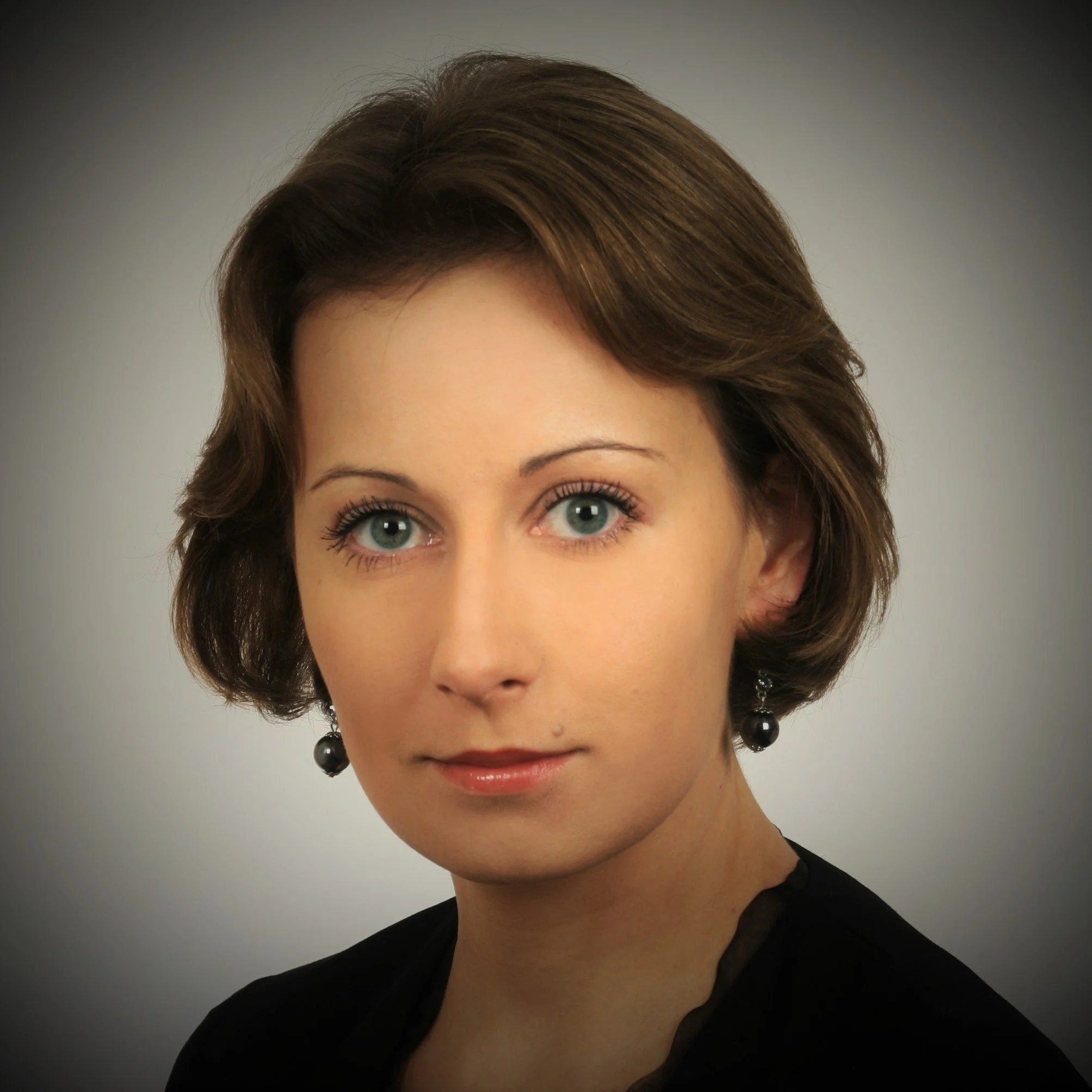


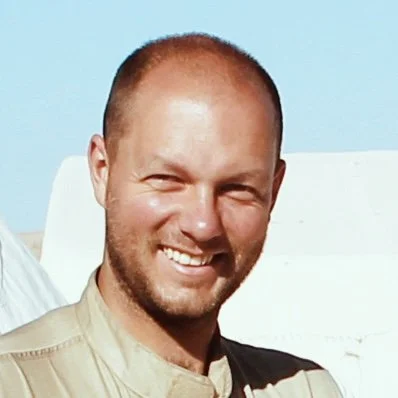
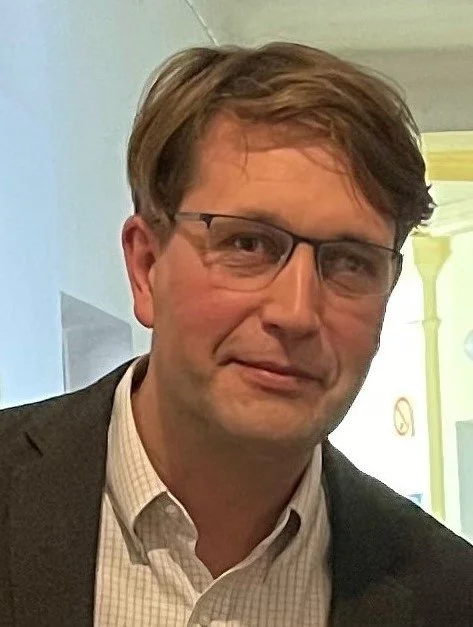
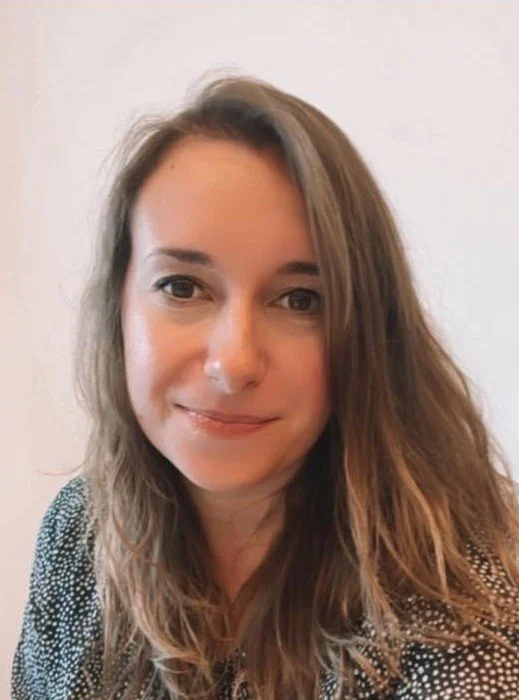
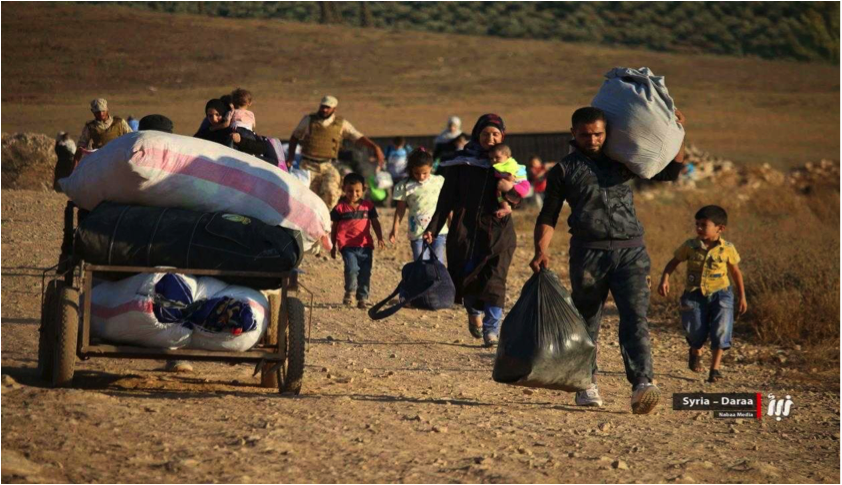
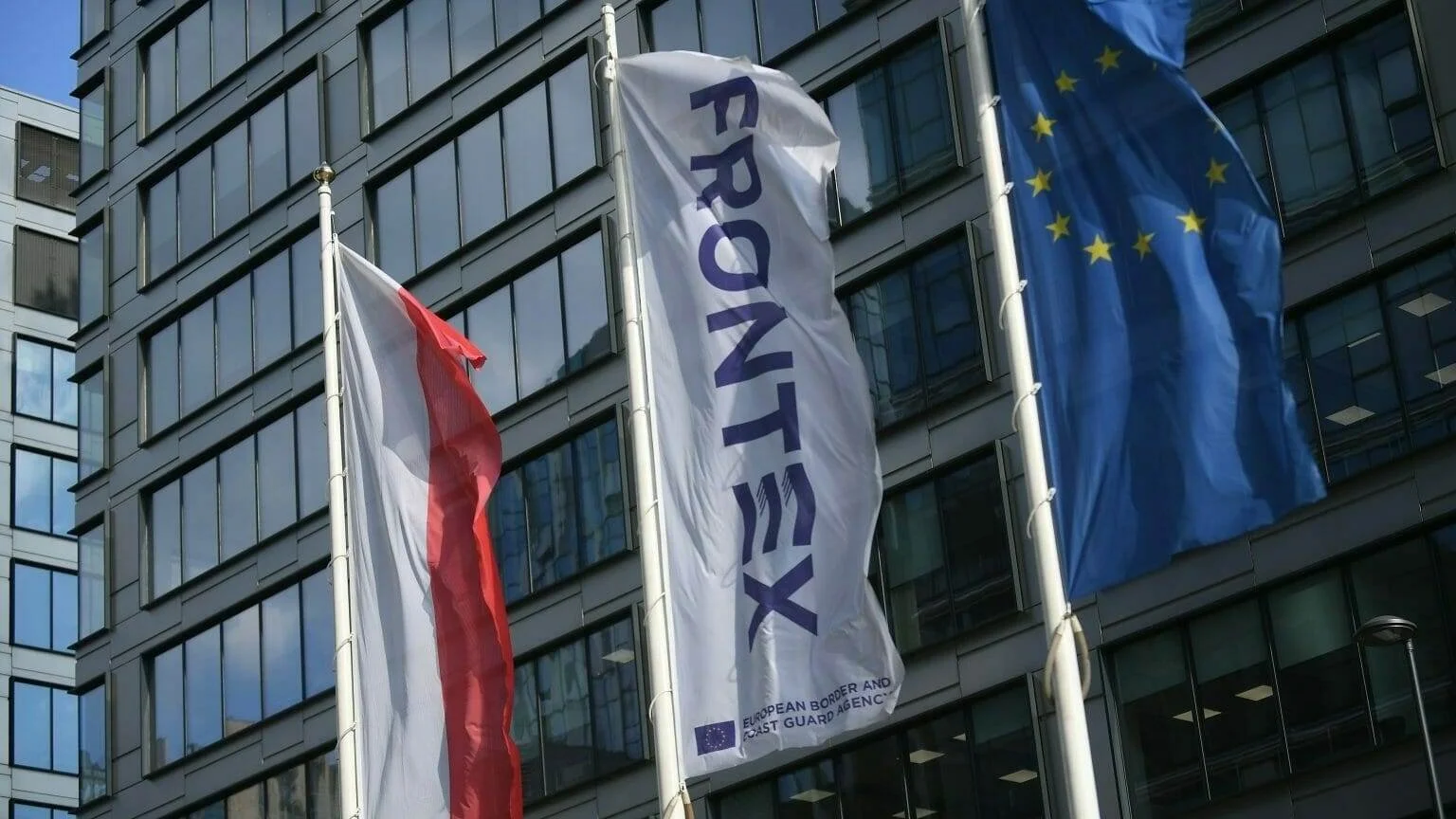

Morocco occupies a strategic position south of the Strait of Gibraltar, at the crossroads of migratory routes between sub-Saharan Africa and Europe. This geographical location confers upon Morocco both a pivotal role in migration flows and significant political leverage in its negotiations with the EU. Consequently, Rabat claims a differentiated treatment compared with other African states. Since 2000, the European Union (EU) has aimed to establish a readmission agreement with Morocco[1]. Such an agreement would facilitate the return of both Moroccan nationals and third-country nationals (TCNs) transiting through Moroccan territory who are deemed undesirable within the EU. After more than twenty years of negotiations, no agreement…